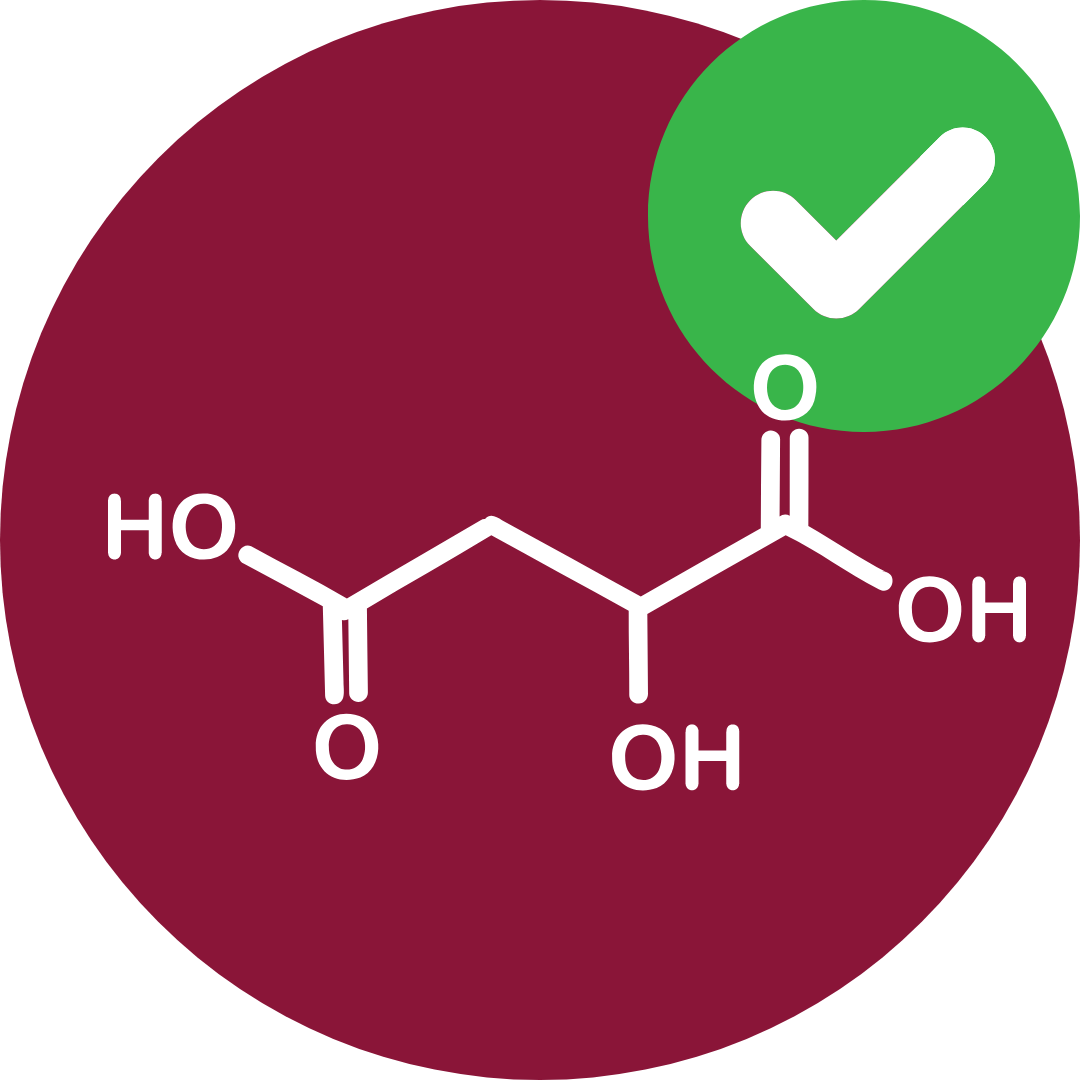Feeds

Malolactic Fermentation Feasibility: Factors Affecting Ease of MLF
Malolactic Fermentation Feasibility: Factors Affecting Ease of MLF
There are several factors that influence malolactic fermentation (MLF). This includes obvious factors like alcohol, pH, and SO2 but also includes less obvious factors like alcoholic fermentation difficulty, yeast nutritional requirements, etc. Read on to learn more about some of these less frequently considered factors.
Beyond the Basics
 Temperature
Temperature
Most cellars are actually too cold and inhibitory to malolactic bacteria. The ideal temperature range for MLF is between 18-22°C (64-72°F). If you consistently see sluggish or stuck MLFs, consider conducting MLF in tank or in a warmer space.
 Yeast Nutrient Need
Yeast Nutrient Need
Bacteria require nutrients. Certain yeast strains have high nutrient demands and may leave the wine depleted of nutrtients (see yeast product description). In these cases we recommend using a malolactic fermentation nutrient.
 Malic Acid Level
Malic Acid Level
Very low malic acid concentrations (<0.5 g/L) can make it difficult for bacteria to initiate MLF due to insufficient substrate. On the other hand, high malic acid levels (>7 g/L) can result in inhibitory levels of lactic acid. In these cases, blending may be considered to adjust initial malic acid concentration.
 Ease of Alcoholic Fermentation
Ease of Alcoholic Fermentation
Difficult or stressed fermentations can cause yeast to produce toxic compounds which can inhibit malolactic bacteria. In these cases, conduct MLF at a favorable temperature (20°C/68°F), use a malolactic nutrient, and consider using RESKUE to remove inhibitory compounds.
Making MLF Easier
 Robust ML Strains
Robust ML Strains
Certain bacteria strains are more tolerant of difficult conditions. O-MEGA™ is cold-tolerant to 57°F, while VP41® is tolerant of high alcohol and low pH environments.
 ML Nutrients
ML Nutrients
ML RED BOOST™ (for reds) and OPTI'MALO BLANC™ (for whites/rosés) provide nutrients including essential amino acids, peptides, polysaccharides, and minerals.
 Reskue™
Reskue™
When yeast are stressed, they can produce certain short-and medium-chain fatty acids that are toxic to bacteria. RESKUE™ adsorbs these compounds and removes them.
About
Scott Laboratories Inc. (USA) and Scott Laboratories Ltd. (Canada) are privately held companies specializing in value-added products and services for the North American wine, craft brewing, and distilled spirits industries.
Our predecessor firm (the Berkeley Yeast Laboratory) was founded in the weeks prior to the end of Prohibition in 1933. Our vision is to provide the best customer service to the specialty beverage community. Our mission is to advance the long-term success of the specialty beverage community by providing best-in-class products and services. We believe in education, honesty, and doing the right thing.
Our first products were lab services and yeast. In the years that followed the needs of our industry customers led us first to cellar supplies, then to packaging and finally into processing and bottling equipment. It has been a 80+ year evolution driven by the concept of adding value.
Our current product portfolios include some of the most famous names in the wine, craft brewing, and spirits industries. In some cases, we have our own proprietary products (such as ScottPlus Dry-Steam Natural Cork and ScottCart filters) while in other cases we work with the industry's leading vendors and suppliers. You can check out virtually all of our offerings on our website at www.scottlab.com.
As of 2020, our companies have 90 employees. Our headquarters are in Petaluma, California and Pickering, Ontario. In addition, Scott Laboratories USA has locations in Healdsburg (Sonoma County) and Paso Robles.
Contact
Contact List
| Title | Name | Phone | Extension | |
|---|---|---|---|---|
| Communications Manager | Kelly Browning | kellyb@scottlab.com | (707) 765-6666 | |
| Design & Events Manager | Carly Lourenzo | carlys@scottlab.com | (707) 765-6666 | |
| Dir. of Marketing & Partnerships | Domingo Rodriguez | domingor@scottlab.com | (707) 765-6666 |
Location List
| Locations | Address | State | Country | Zip Code |
|---|---|---|---|---|
| Scott Laboratories | 1480 Cader Ln., Petaluma | CA | United States of America | 94954 |


